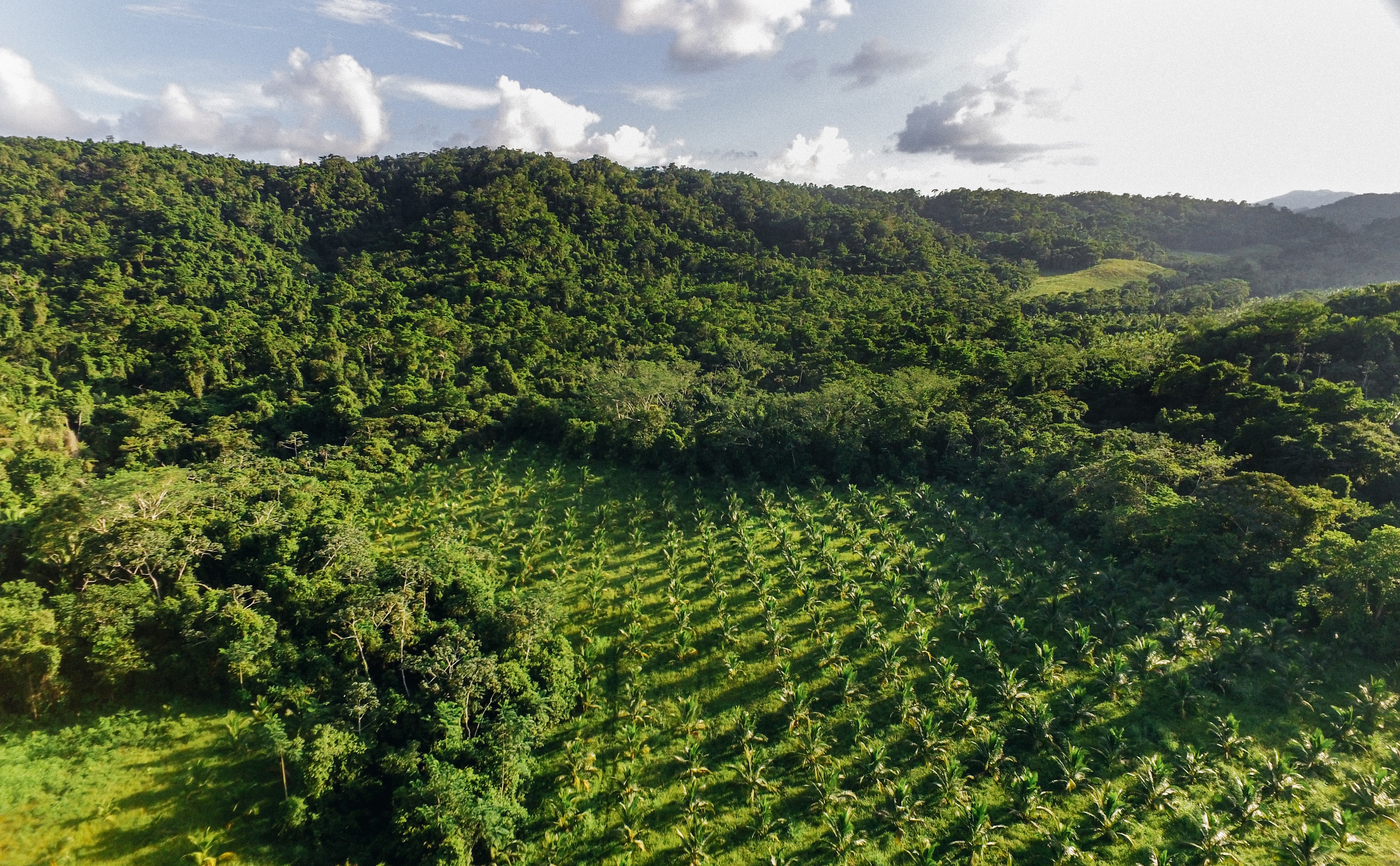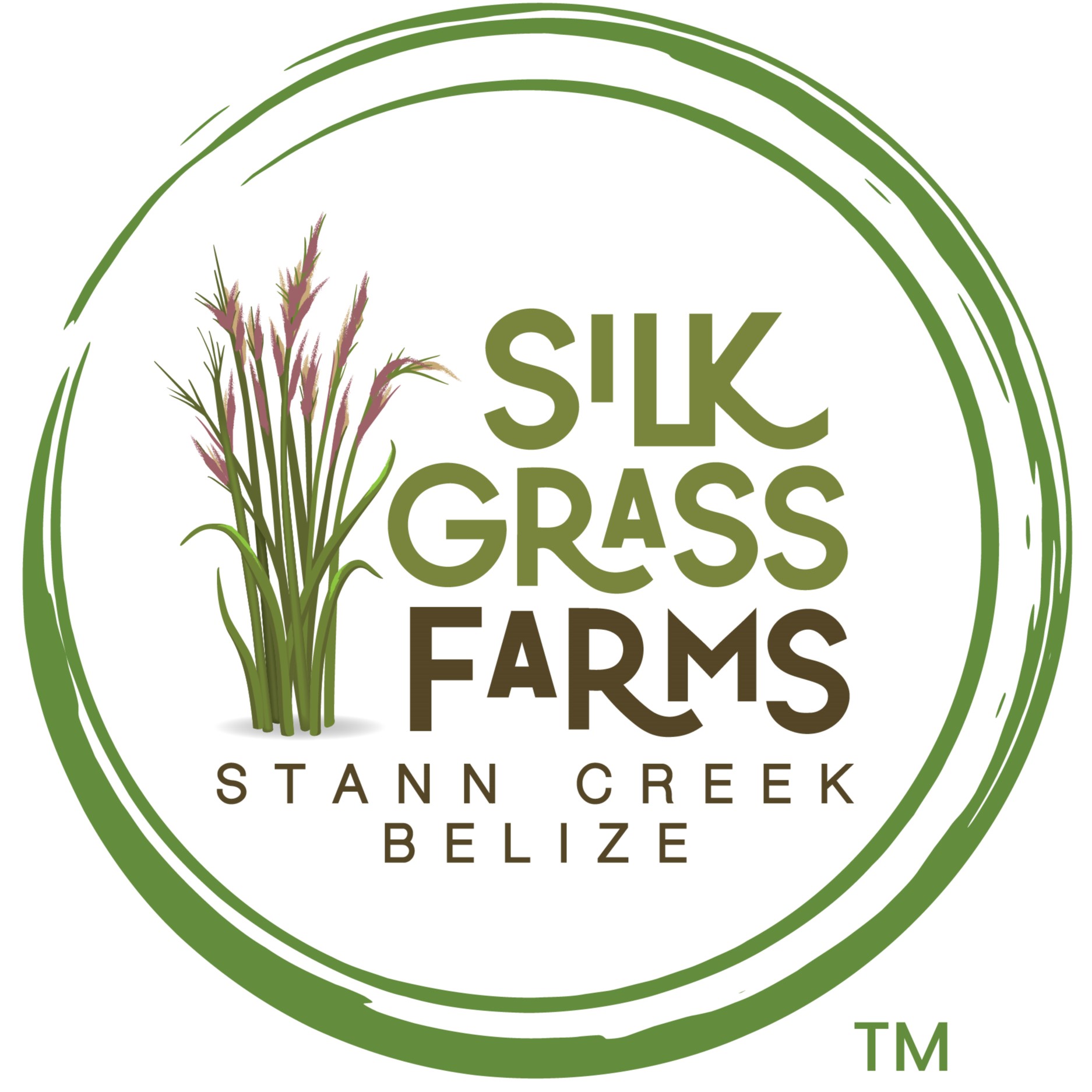

Silk Grass Farms Ltd / Silk Grass Enterprises Ltd

Stann Creek District, Belize
October 2021
Agricultural Processing
Agriculture/Growers
Belize
Silk Grass Farms is a vertically integrated agribusiness in Southern Belize, committed to creating positive environmental and social impact by reimagining the way food is grown and processed. The mission of Silk Grass Farms is to develop and model an innovative, regenerative approach to agriculture, food production, conservation, and business. We believe that, working hand in hand, conservation and business can be a powerful force for good, scaling positive social and environmental impact for people, the planet, and our future. Silk Grass Farms comprises 7,000 acres of Belizean farmland, a 130,000 square-foot state-of-the-art food-processing facility, and the 24,500-acre Silk Grass Wildlife Preserve, all designed to benefit the people and the natural environment of Belize. All profits from the farms and factory directly support the Silk Grass Wildlife Preserve — a first-growth rainforest that is permanently protected as a Belizean NGO. The Preserve supports the biodiverse surroundings where our agribusiness thrives, increasing the productivity, nutrient value, flavor, and resiliency of our food crops.
Overall B Impact Score
Governance 9.9
Governance evaluates a company's overall mission, engagement around its social/environmental impact, ethics, and transparency. This section also evaluates the ability of a company to protect their mission and formally consider stakeholders in decision making through their corporate structure (e.g. benefit corporation) or corporate governing documents.
What is this? A company with an Impact Business Model is intentionally designed to create a specific positive outcome for one of its stakeholders - such as workers, community, environment, or customers.
Workers 23.9
Workers evaluates a company’s contributions to its employees’ financial security, health & safety, wellness, career development, and engagement & satisfaction. In addition, this section recognizes business models designed to benefit workers, such as companies that are at least 40% owned by non-executive employees and those that have workforce development programs to support individuals with barriers to employment.
Community 32.0
Community evaluates a company’s engagement with and impact on the communities in which it operates, hires from, and sources from. Topics include diversity, equity & inclusion, economic impact, civic engagement, charitable giving, and supply chain management. In addition, this section recognizes business models that are designed to address specific community-oriented problems, such as poverty alleviation through fair trade sourcing or distribution via microenterprises, producer cooperative models, locally focused economic development, and formal charitable giving commitments.
What is this? A company with an Impact Business Model is intentionally designed to create a specific positive outcome for one of its stakeholders - such as workers, community, environment, or customers.
Environment 23.8
Environment evaluates a company’s overall environmental management practices as well as its impact on the air, climate, water, land, and biodiversity. This includes the direct impact of a company’s operations and, when applicable its supply chain and distribution channels. This section also recognizes companies with environmentally innovative production processes and those that sell products or services that have a positive environmental impact. Some examples might include products and services that create renewable energy, reduce consumption or waste, conserve land or wildlife, provide less toxic alternatives to the market, or educate people about environmental problems.
Customers 1.7
Customers evaluates a company’s stewardship of its customers through the quality of its products and services, ethical marketing, data privacy and security, and feedback channels. In addition, this section recognizes products or services that are designed to address a particular social problem for or through its customers, such as health or educational products, arts & media products, serving underserved customers/clients, and services that improve the social impact of other businesses or organizations.